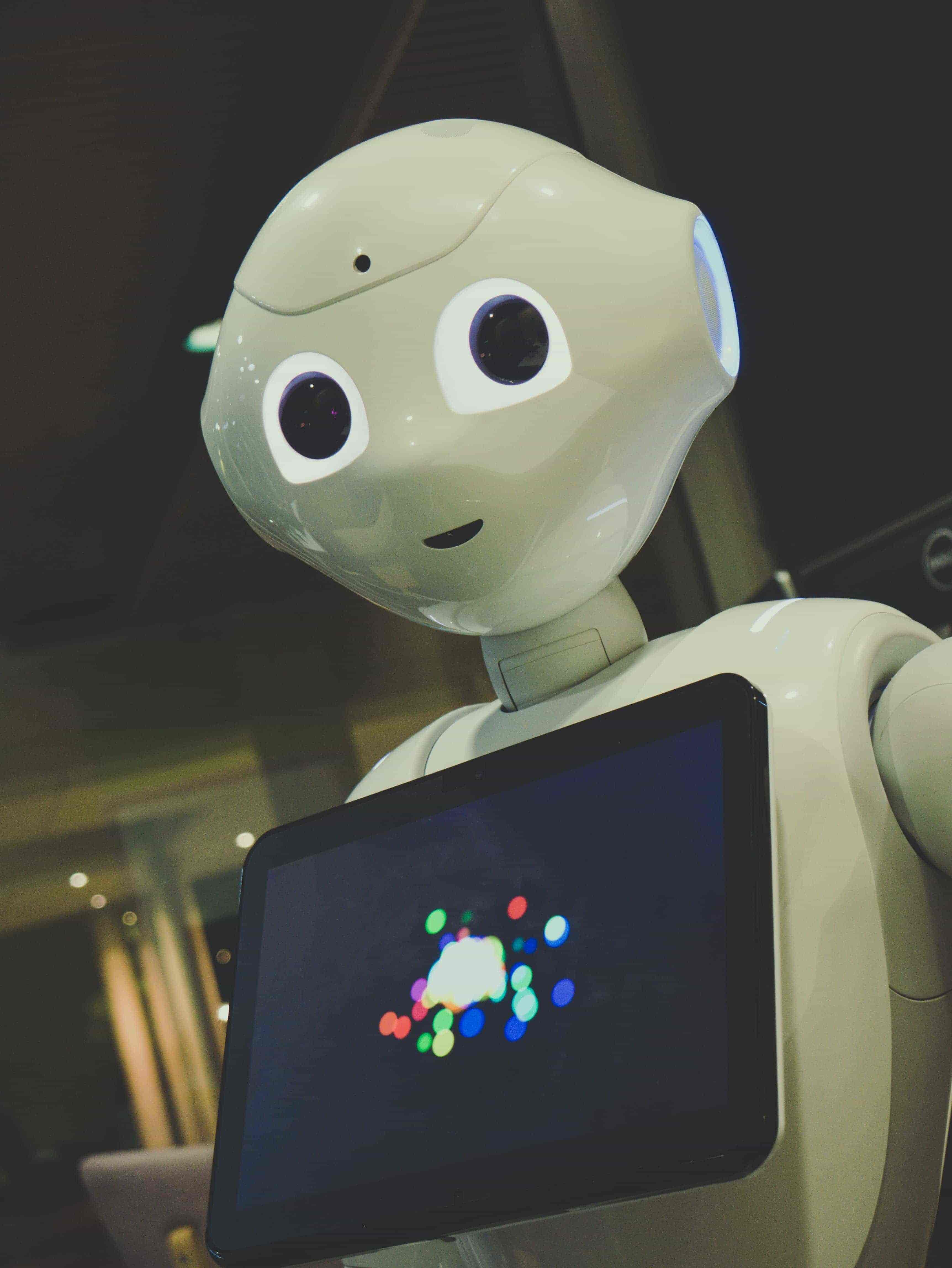The idea of man-made brainpower (computer based intelligence) has a rich history that traverses hundreds of years, with commitments from different people and fields. While it is trying to credit its improvement to a solitary individual or second, we can follow the development of man-made intelligence as an idea and field of concentrate through key achievements and commitments.
Old Roots:
Making machines that impersonate human knowledge can be followed back to old civilizations. Greek fantasies highlighted robots and mechanical creatures, while in old China, creators like Yan Shi and Al-Jazari planned early automata and mechanical gadgets that showed a simple comprehension of computerized processes.
Rationale and Ascertaining Machines:
In the seventeenth 100 years, rationalists like René Descartes and mathematicians like Blaise Pascal and Gottfried Wilhelm Leibniz laid the basis for computer based intelligence by creating formal rationale and ascertaining machines. Leibniz's work on double frameworks is especially applicable to present day registering.
Early Figuring Machines:
The advancement of early figuring gadgets in the nineteenth and twentieth hundreds of years, for example, Charles Babbage's Scientific Motor and Konrad Zuse's Z3 PC, stamped huge steps toward computerizing complex computations and representative thinking, which are essential to man-made intelligence.
Alan Turing and the Turing Test:
Quite possibly of the most powerful figure throughout the entire existence of man-made intelligence is Alan Turing, an English mathematician and PC researcher. In 1936, Turing presented the idea of a hypothetical figuring machine, known as the Turing machine, which established the groundwork for current PCs. During The Second Great War, Turing assumed a basic part in breaking the Mystery code utilized by the Nazis.
In 1950, Turing proposed the renowned "Turing Test" in his paper "Registering Apparatus and Knowledge." This test suggested that a machine could be thought of as keen if it would take part in regular language discussions unclear from those of a human. The Turing Test stays a benchmark for man-made intelligence specialists and a subject of philosophical discussion.
Dartmouth Studio and the Introduction of computer based intelligence:
The expression "man-made reasoning" was begat in 1956 at the Dartmouth Studio, coordinated by John McCarthy, Marvin Minsky, Nathaniel Rochester, and Claude Shannon. This studio united driving researchers to investigate the chance of making shrewd machines. McCarthy is many times credited as one of the dads of man-made intelligence for his job in characterizing the field and fostering the Stutter programming language.
Early artificial intelligence Accomplishments:
Soon after the Dartmouth Studio, simulated intelligence specialists took huge steps in representative computer based intelligence. Scientists like Allen Newell and Herbert A. Simon fostered the Rationale Scholar, a program that could demonstrate numerical hypotheses. This work denoted the start of man-made intelligence research on critical thinking and information portrayal.
Computer based intelligence Winters and Resurgences:
Man-made intelligence research went through a few patterns of excitement and dissatisfaction, frequently alluded to as "Computer based intelligence winters." During these periods, progress in man-made intelligence confronted difficulties, and financing diminished. Notwithstanding, computer based intelligence research experienced resurgences, with forward leaps in regions like master frameworks, AI, and brain organizations.
Current artificial intelligence and Profound Learning:
The 21st century has seen striking headways in simulated intelligence, especially in the field of profound learning. Profound learning calculations, brain networks with different layers, have accomplished weighty outcomes in undertakings, for example, picture acknowledgment, regular language handling, and game playing. Spearheading work by specialists like Geoffrey Hinton, Yoshua Bengio, and Andrew Ng plays had a urgent impact in this artificial intelligence renaissance.
All in all, the idea of man-made consciousness has advanced over hundreds of years, with commitments from various people and fields. While Alan Turing's work and the Dartmouth Studio were urgent minutes in characterizing simulated intelligence as a field of study, man-made intelligence's improvement is an aggregate exertion that keeps on molding our present reality. Artificial intelligence's excursion from old legends to current profound learning mirrors mankind's getting through journey to make insightful machines that can think, learn, and adjust like people.
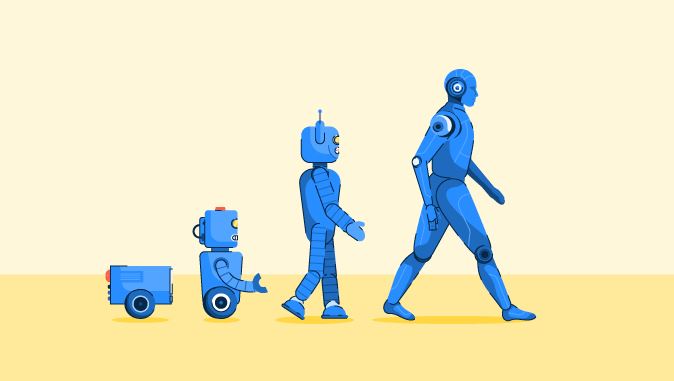
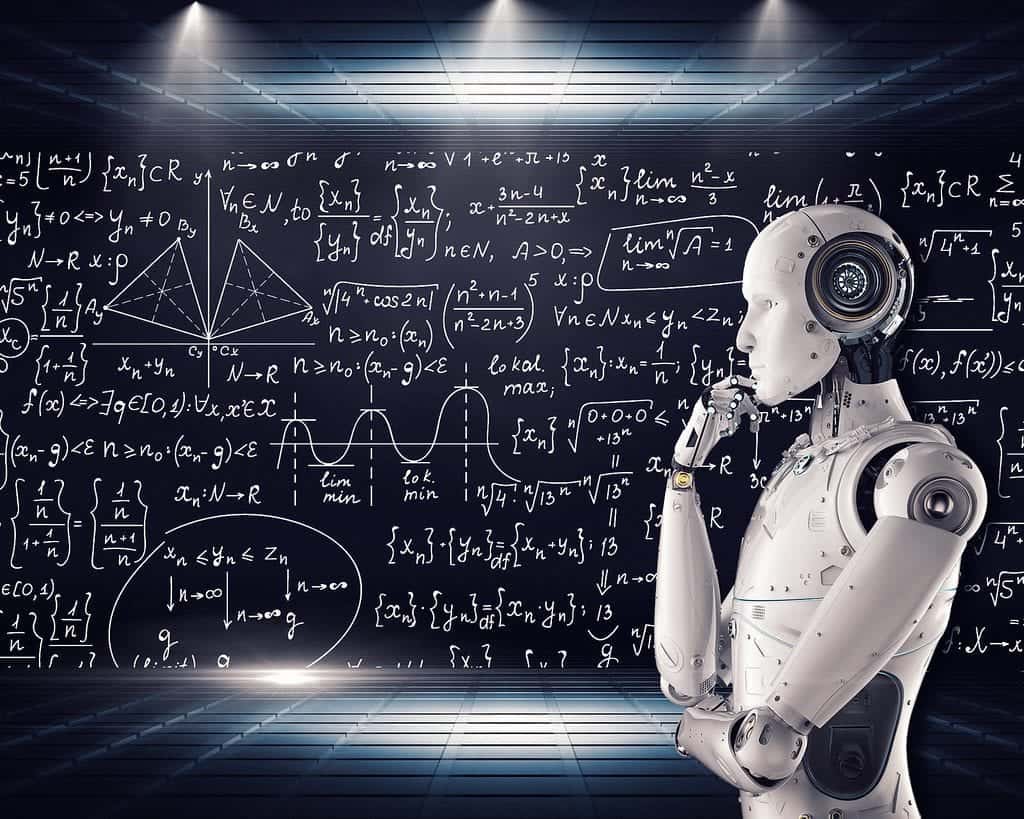

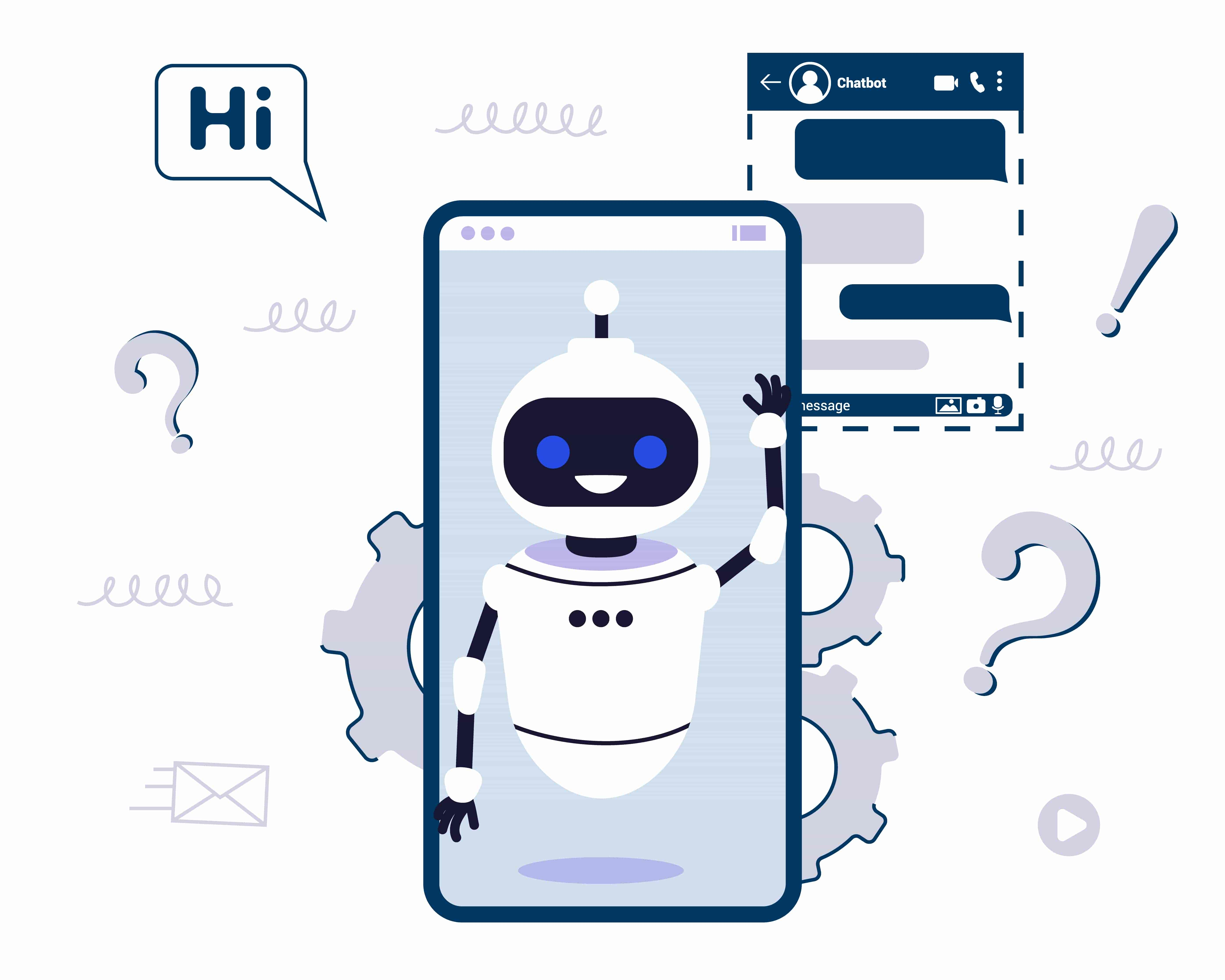
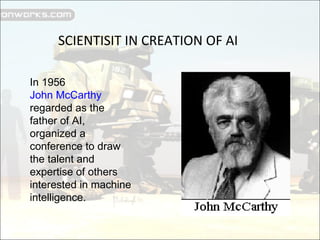
.jpeg)
